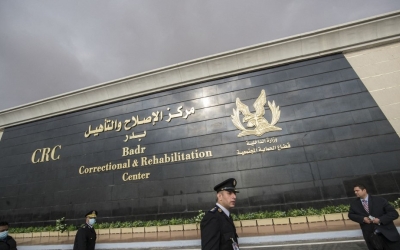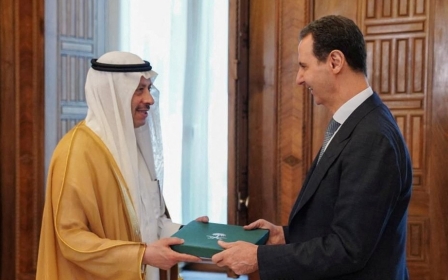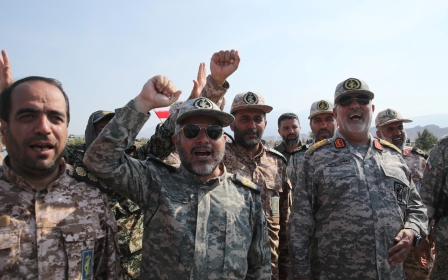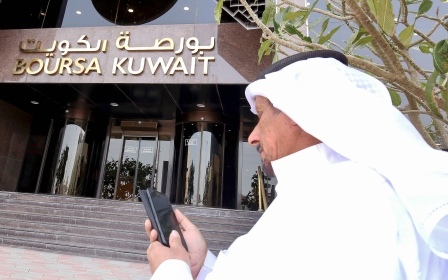Arabic press review: Iranians snapping up properties in Damascus
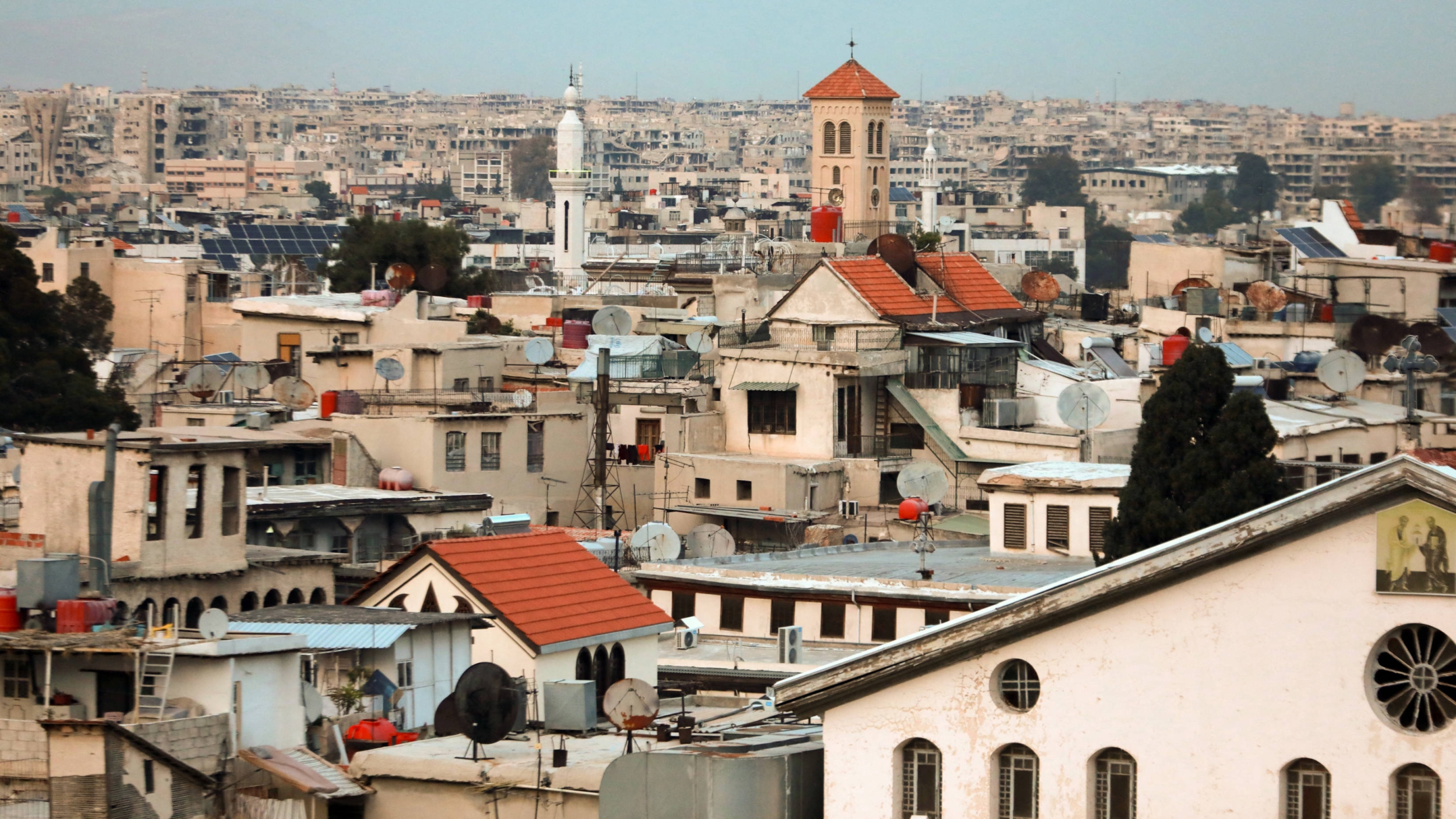
Iranians buy real estate in Damascus
There has been a marked increase in property purchases in Damascus and its surrounding areas due to investment from Iranian individuals and companies, according to a report from London-based Al-Quds Al-Arabi.
Southern areas of the Syrian capital and the nearby suburb of Ghouta have seen a particular spike in sales.
The investment from Iranian companies is linked to the recent restoration of relations between other Arab nations and the Syrian government, sources told the news outlet.
Arab League foreign ministers earlier this month decided to readmit Syria after more than a decade of suspension, consolidating a regional push to normalise ties with President Bashar al-Assad.
New MEE newsletter: Jerusalem Dispatch
Sign up to get the latest insights and analysis on Israel-Palestine, alongside Turkey Unpacked and other MEE newsletters
Iran has long supported the Syrian government during the civil war that broke out in 2011, after Assad cracked down violently on peaceful protesters.
Properties are being sold at low prices due to the "difficult economic conditions, and the locals' need for money, especially among the younger generation who are looking for opportunities to emigrate,” Damascus-based journalist Ahmed al-Obeid said.
He added that these developments were part of an increasing Iranian influence and dominance in Damascus, and would change the demographics of the area.
"Iran has established numerous shell companies to serve this purpose," Obeid said.
Two Egyptian prisoners die within 24 hours
Two prisoners have died within 24 hours in Egyptian jails, reportedly due to medical negligence, according to Al-Araby Al-Jadeed newspaper.
Madian Hassanein, 63, died during treatment on Sunday at a hospital in Asyut, a region in Upper Egypt on the banks of the Nile. His family was notified of his death and received his body on Monday.
Hassanein was accused of being a leader in the militant group Ansar Al-Sharia and was convicted of killing police officers in the Sharqia governorate.
He fled the country but was arrested by Sudanese authorities in November 2018 and deported to Egypt in 2019, after which he was transferred to the notorious Tora prison.
His death came a day after political prisoner Sameh Mohamed Ahmed Mansour, 58, died in the intensive care unit of Badr prison, near Cairo.
Mansour, a maths teacher from Port Said, had been in custody since September 2021.
The Egyptian Network for Human Rights said “inhumane detention conditions” and the failure of prison officials to give timely access to treat chronic kidney disease contributed to his death.
At least 12 Egyptian detainees have died since the beginning of 2023, according to Al-Araby Al-Jadeed.
While Badr prison has been hailed by authorities as a "model prison", Middle East Eye reported in March that political detainees were dying due to grim conditions and inadequate healthcare.
Last year, 52 prisoners died either due to deliberate medical neglect, exposure to cold, or natural causes under harsh detention conditions, while 60 detainees died in 2021, Al-Araby Al-Jadeed reported.
Kuwait has second highest diabetes rate
Kuwait has the world’s second highest rate of diabetes, after Pakistan, according to a report in Al-Khaleej Online.
The disease affects 24.9 percent of the population, and has been attributed to poor diet, lack of exercise and obesity.
The report was based on a study by statistics and research organisation WiseVoter.
Some 37.9 percent of the Kuwaiti population suffers from obesity, the ninth highest rate in the world, according to WiseVoter.
Elsewhere in the Gulf, Qatar had the 10th highest rate of diabetes in the world, at 19.5 percent. Meanwhile, Saudi Arabia was 14th, with 18.7 percent.
*Arabic press review is a digest of news reports not independently verified as accurate by Middle East Eye.
Middle East Eye delivers independent and unrivalled coverage and analysis of the Middle East, North Africa and beyond. To learn more about republishing this content and the associated fees, please fill out this form. More about MEE can be found here.


